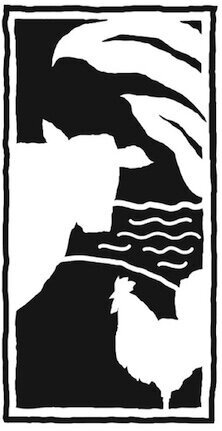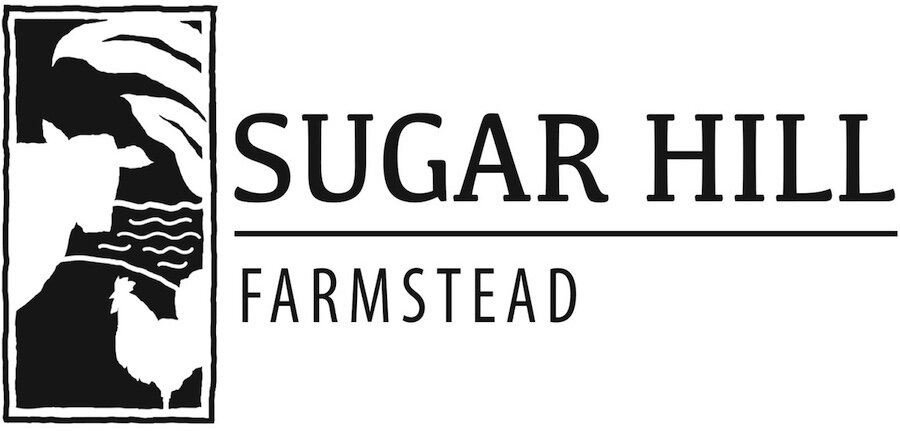Defining Pasture Raised
Pasture-raised is a relatively new term in the meat industry. Our grandparents might have just called it meat, but in today’s commodity market the pasture raised label lets consumers know that the animals were raised on pasture, or with access to pasture, and not confined indoors.
But wait, what is pasture? Pasture is grasses, fields, land used for grazing. The environmental benefits of pasture raised meat include better soil health, less soil erosion, and greater natural diversity. Health benefits of eating pasture-raised meat are well documented. Studies show that meat raised on pasture have higher levels of omega-3 fatty acids, Vitamin D, and grass-fed cattle carry less E. coli overall than grain-fed confined cattle.
A standard piggery confines pigs in cement buildings, Korean natural farming piggeries use pig pens with deep bedding, and pasture-raised pigs roam fields. You can find the pasture-raised label on all kinds of products like poultry, dairy, eggs, beef, lamb, and pork. But, there’s no real regulating body certifying that a farm is following the true definition of pasture raised. The best way to know if you’re getting pasture raised meat is to know your farmer.
Pasture raised pork is one of the signatures of our Sugar Hill Farmstead meat CSA. Sunday, Dec. 15 from 7-11am we’re hosting an on-farm event called Pasture to Plate for anyone who wants to learn techniques for self-sufficiency, homesteading, butchery, or just wants to get closer to where their food comes from. Pasture to Plate is designed to give an intimate look at the farmstead and on-farm processing, where you’ll learn how we pasture raise, handle, and harvest pasture-raised pigs.


